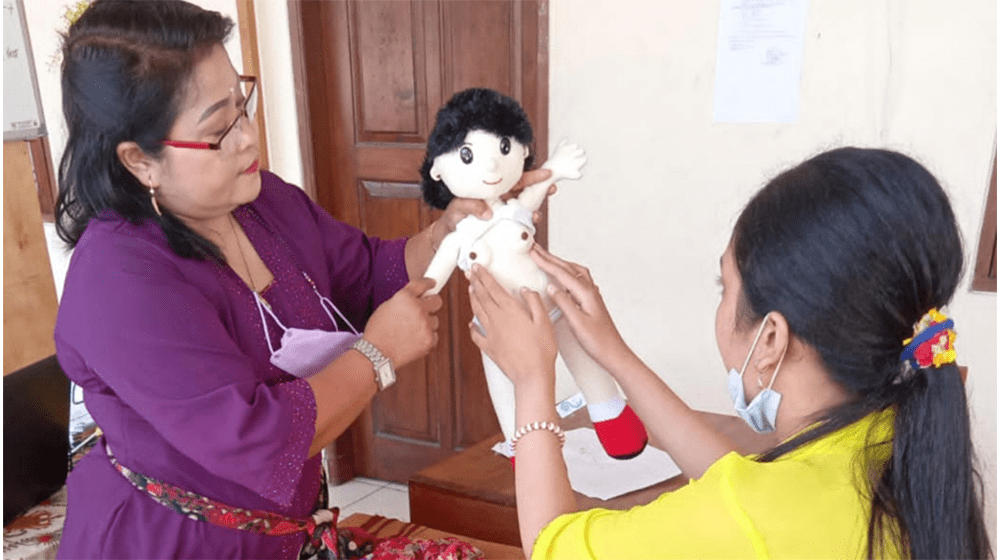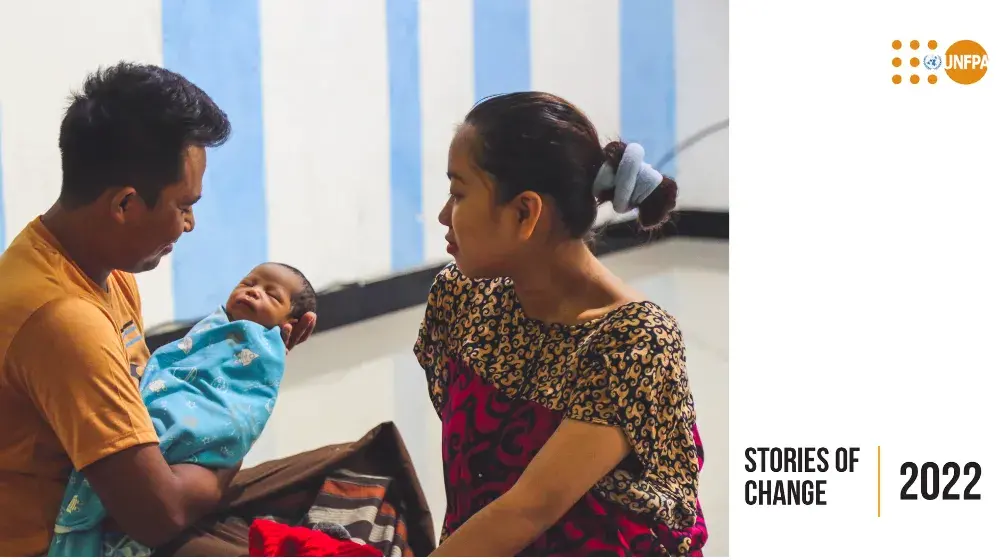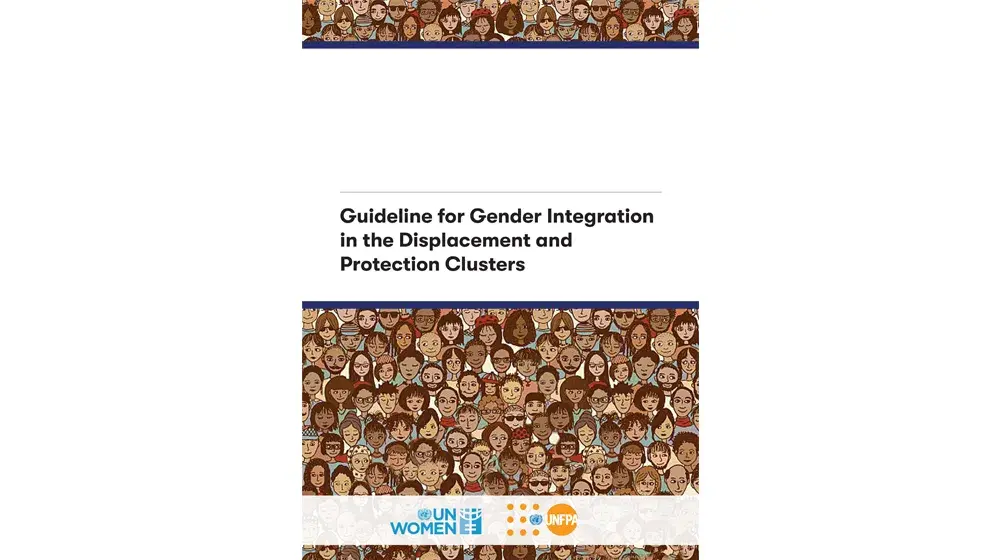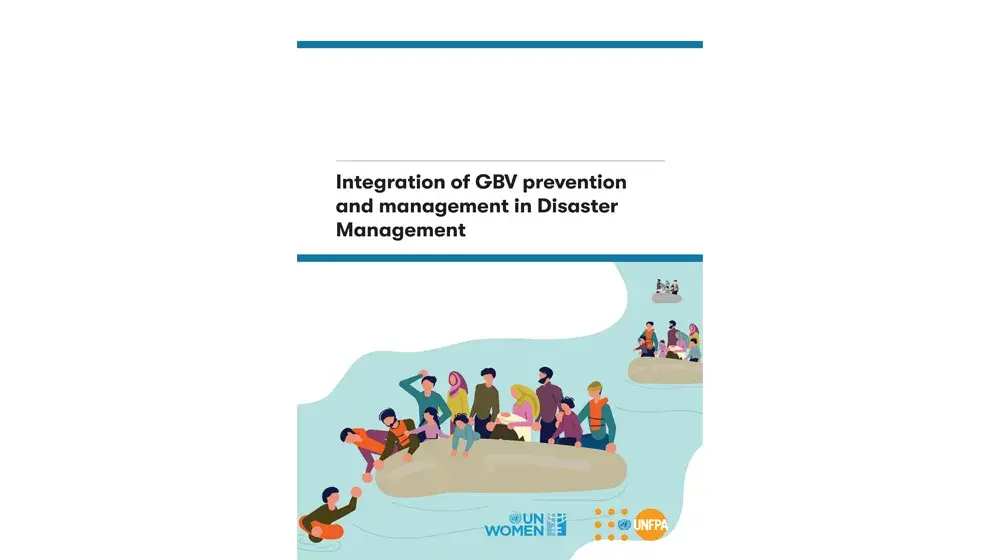“Independence with menstrual health and hygiene”
Sandeep Nanwani is the Programme Officer for Adolescent Sexual and Reproductive Health with UNFPA Indonesia. He worked on a program to train teachers to deliver comprehensive sexuality education to learners with intellectual disabilities. The emphasis of the program was menstrual health and hygiene as well as personal hygiene. To date, the collaboration has trained 54 teachers in 11 provinces.
“Girls with intellectual disabilities, especially those with severe disabilities who require special needs school, often their parents do not talk about menstruation at all,” Sandeep says. “Parents assume that they cannot do things independently, but we proved that if you talk about it, and teachers show them how to do it step-by-step, menstrual independence is possible.”
The program is part of a long term effort advocating for more comprehensive sexuality education. Government partners identified a gap in special needs education and a need to start a comprehensive sexuality education program to focus on special needs schools and students with intellectual disabilities.
“Parents assume that they cannot do things independently, but we proved that if you talk about it, and teachers show them how to do it step-by-step, menstrual independence is possible.”
- Sandeep Nanwani, UNFPA Indonesia
For many teachers, the training was their first experience having a safe space to discuss the challenges they face in realizing the rights of young people with intellectual disabilities. “With so much taboo surrounding sex, it is hard for them to receive any explanation or support for their feelings,” says Tito, a teacher from Aceh who took part in the course.
Sandeep says teachers often had limited skills to manage complex incidents. A teacher shared a story about menstrual blood dripping on the floor because the student was unaware of their own body. He says the goal is to help teachers handle situations in a way that is positive and without shaming. Sandeep admitted that when they began, they did not have all the answers but they committed to be flexible and adaptable to ‘learn by doing.’
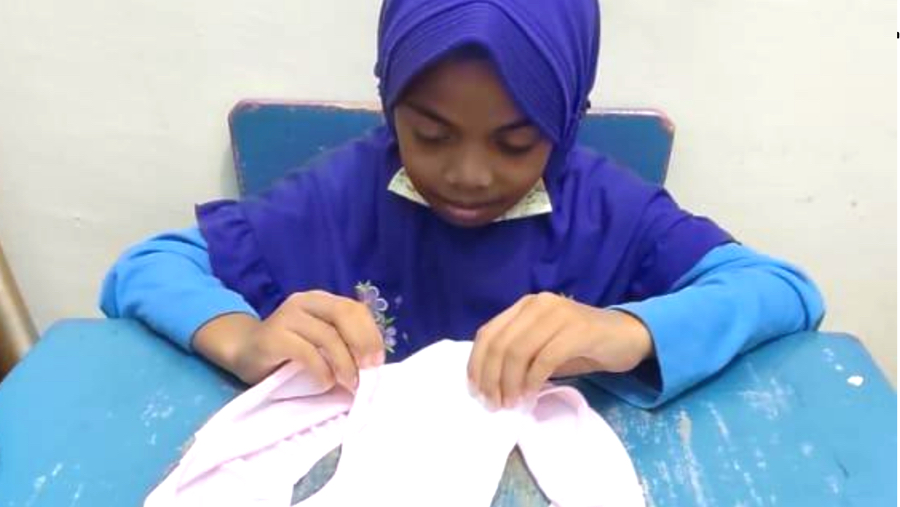
UNFPA’s goal was to build the capacity of the teachers. “We employed a lot of collective intelligence,” Sandeep says. “We had training sessions with health experts on comprehensive sexuality education and specialists on building knowledge. This was followed by on-the-job learning for the teachers.”
The program created spaces for teachers to share their experiences and part of UNFPA’s role was to document knowledge in the forums. “The teachers pushed each other to do their program and we followed them for one full year on the job learning,” he says. “We were trying to gather intelligence and experiences from the ground.”
These trained teachers become champions and will go on to train other teachers in their region using a social norms and social network approach. They used learning media like sanitary products, underwear and dolls so that students can learn concretely about menstrual hygiene.
“Teachers did not have any teaching aids,” he says. “The schools did not have money to invest in teaching aids. So teachers improvised lessons including making puppets which are affordable and the teachers learned from each other.”
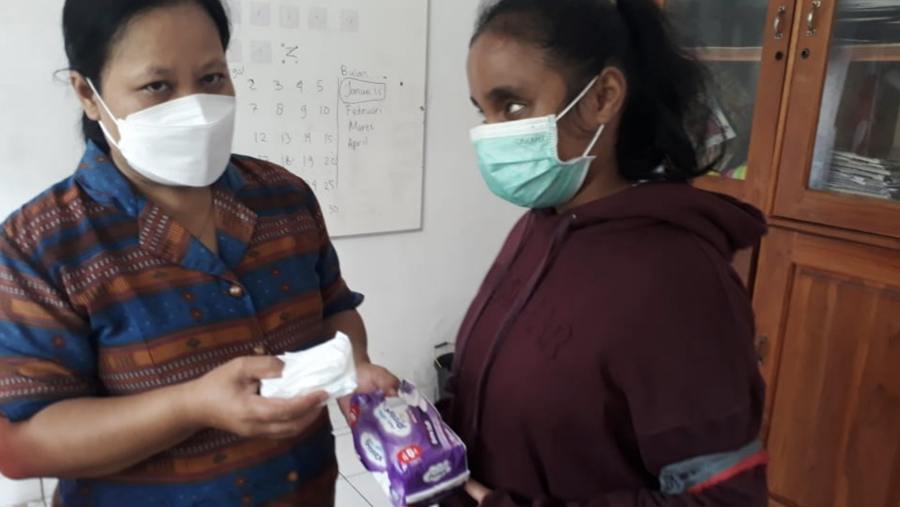
Sandeep says when a person with a disability becomes independent in their personal and menstrual hygiene from a parent or a family, it can reduce financial and physical support required by the parents. “The child can manage their menstruation, and often parents just do not know or do not think it is possible,” he says. “We must just ask and not assume something about independence with menstrual hygiene.”
Teachers centered their lesson plan on each individual student capabilities and progressively improved their students independence. Each student was affirmed at each stage of their own understanding of the topic. Students were given concrete step-by-step information on when to change pads and how to do it.
“It was my first time learning how to teach these topics to people with intellectual disabilities so that students are fully supported as they go through puberty.”
-Tri, a teacher on the course from Jember in East Java
Bringing family into the discussion is essential but not always easy. Tri was an experienced teacher on the course from Jember in East Java. She shared a story of one of her students with intellectual disabilities who was having her first period and was terrified about the blood and pain. Tri says the girl did not know what was happening to her.
With the skills and approaches she learned on the course, Tri facilitated a family dialogue about menstruation because the girl could not talk to her grandmother about this sensitive subject. “It was my first time learning how to teach these topics to people with intellectual disabilities so that students are fully supported as they go through puberty,” Tri says.

